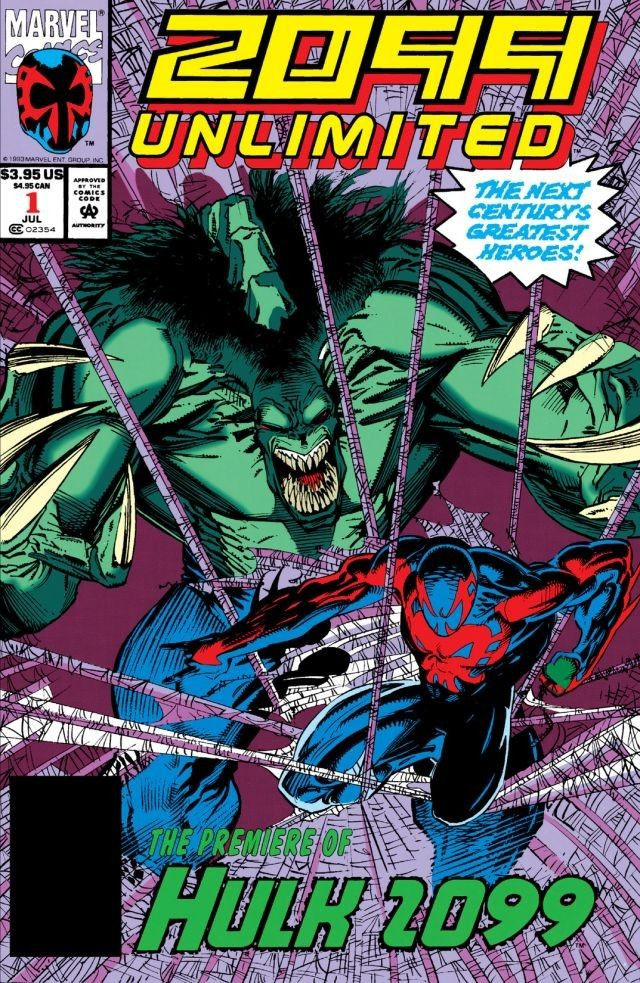This week I am going to go all the way back and tackle Module 2’s prompt on dissecting a type of pop culture. For this I am going to look at the fandom and hysteria that Marvel has created with their interconnected movies and Disney+ streaming shows. Marvel has done something completely unprecedented with their creation of the MCU that has drawn in millions of people around the globe and drawn interest and speculation into all of their projects as fans keep wondering what’s coming next from the studio. What makes Marvel a fascinating study is how over 14 years they have been able to weave around 30 independent films and shows together to tell one larger story while still being able to tell their own independent story so both fans of the connected universe and those that are just jumping into it can enjoy the experience and not feel like they are being left out. So for the fans that have followed the whole saga from when Tony Stark said the infamous “I’m Iron Man” to those who have just joined with the recent films, there is a story and a character for everyone.
We have seen different crossovers of mediums before to tell one overarching story, but nothing to the extent in which Marvel has done and continues to do with each new project they release on film or on TV. Because of the numerous different heroes that have been involved in these projects, it has connected and drawn people of different backgrounds and ethnicities together as there are heroes of completely different genders and ethnicity for everyone to be represented in some way shape or form in this connected universe. There are characters for everyone of all ages and shows and movies for everyone to enjoy, both individually and collectively in the overarching story Marvel tries to tell. Fans are able to dive deeper into the different characters and see them interact with different characters through crossovers and cameos throughout the various projects and give fans more screen time of their favorite heroes. The Marvel experience has created an inclusive environment for people around the world to engage and enjoy both individual and collective stories with their heroes of choice and through the power of film and TV have brought people together from their fandom of their heroes working together and individually to save the world.

